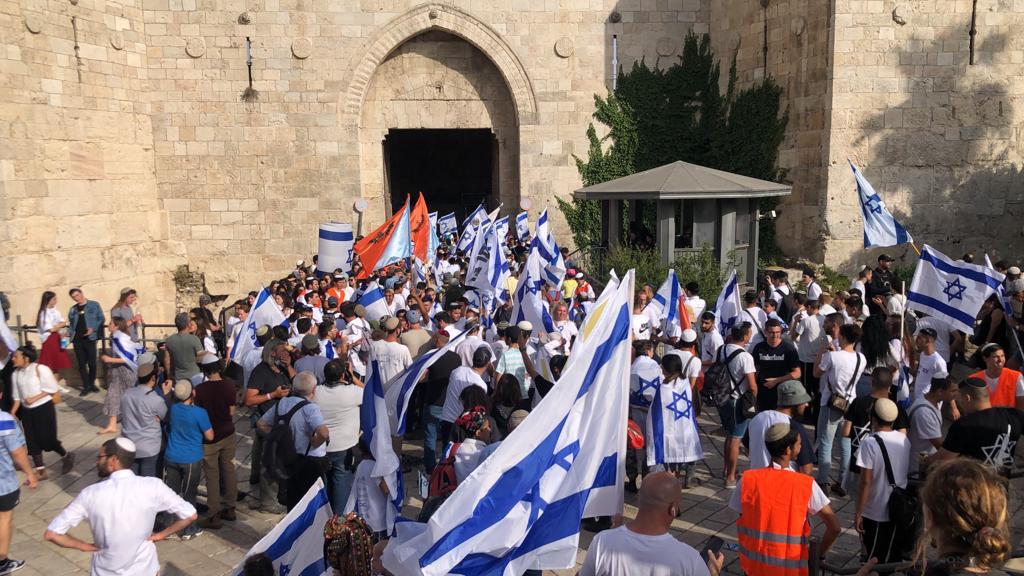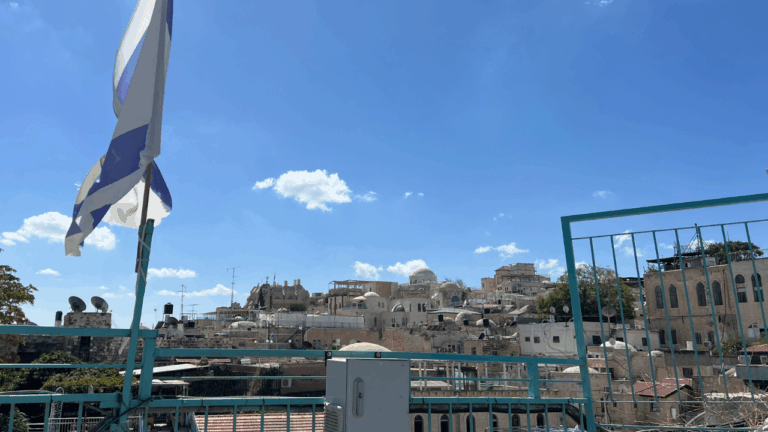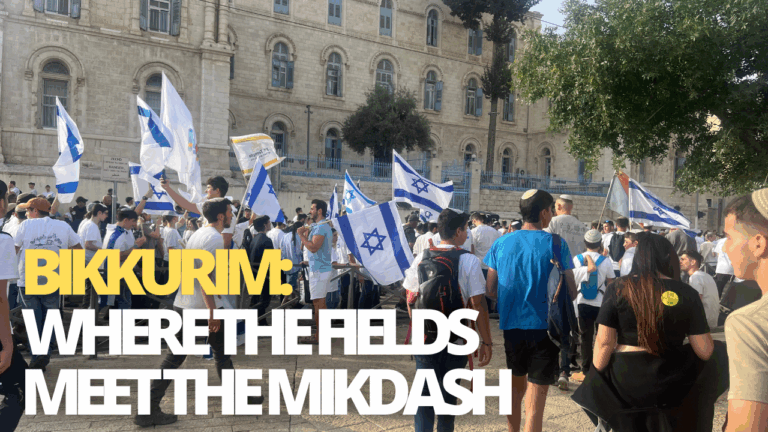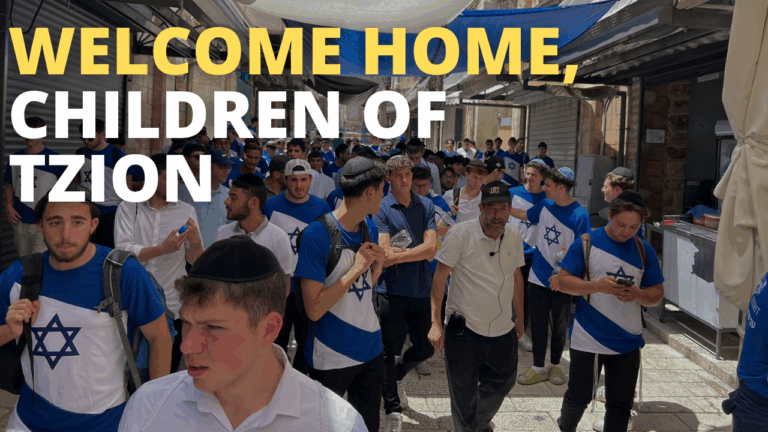An Ohel Mo’ed Out of Jerusalem?
The Noam Elimelech opens his commentary to our parsha with an astute observation on the first verse of Vayikra. Our parsha begins “And He called to Moshe, and God spoke with him from the Ohel Mo’ed.” From reading the verse in its entirety it is clear that the initial subject of the verse is God. However, this point is not explicit in the text and only becomes clarified in the second half. Why, then, did the parsha not open with the words “And God called to Moshe” to clarify who is the speaker?
Noam Elimelech’s response puts the entirety of Sefer Vayikra in perspective. He cites the Zohar that the verse contains hints to the fact that God’s revelation to Moses was not complete. The word Vayikra contains a small “aleph” to indicate that the Shechina was not in its complete form. Similarly, the fact that God’s name does not appear in the opening clause of the parsha teaches us that God was somewhat hidden.
At first glance this seems very odd. God is speaking to Moshe, the human who achieved the highest levels of prophecy, from the Ohel Mo’ed which is where God’s cloud rested in the midst of the Jewish people. What could be lacking from this picture? Why would God’s name, so to speak, be hidden in these circumstances?
The answer is that despite this perfect consortium of prophecy, nonetheless, there was one key ingredient missing: Yerushalayim. Even in the Ohel Mo’ed, the Shechinah was “not in its proper place” and considered a little absent. It was only after Moshe put in effort and sanctified himself that God’s name is mentioned in the second half of the verse.
We see from here an important lesson. At times it seems that there is a circumstance in the diaspora that is ideal for spirituality. This can be due to a confluence of the people in a community and the external setting such as beautiful scenery and the like. However, in truth, Jewish spirituality and connection to God will always be lacking if it is not physically located in or connected to Yerushalayim.
This is an important point at the outset of Sefer Vayikra. The laws of sacrifices are vast and ritual details abound. One might walk away with the impression that as long as one follows a specific instruction manual then one is guaranteed to be and feel close to God. In truth, though, location also matters. The sacrificial service is ideally suited for the Beit HaMikdash in Yerushalayim. Highlighting the small lacking in Moshe’s prophecy outside of Yerushalayim at the beginning of the book reminds us of the central importance of being in God’s city for developing a connection with God.



